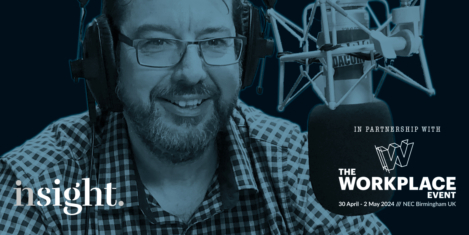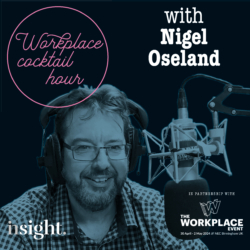January 24, 2024
Chance to retrofit offices is going begging, report claims
 The UK Green Building Council (UKGBC) has launched new guidance on retrofitting large office buildings. Setting out the most cost- and carbon-effective retrofit measures in the immediate and longer term, the guidance reframes retrofit as an iterative process rather than a standalone project. UKGBC has found that significant opportunities are being missed by office investors, owners, and occupiers who do not have clear strategies to retrofit offices in place. Firstly, through missing the “easy wins” –low cost, low disruption measures that reduce energy consumption – and secondly, through missing key “trigger points” in lease and maintenance cycles that facilitate easier, more efficient retrofit. (more…)
The UK Green Building Council (UKGBC) has launched new guidance on retrofitting large office buildings. Setting out the most cost- and carbon-effective retrofit measures in the immediate and longer term, the guidance reframes retrofit as an iterative process rather than a standalone project. UKGBC has found that significant opportunities are being missed by office investors, owners, and occupiers who do not have clear strategies to retrofit offices in place. Firstly, through missing the “easy wins” –low cost, low disruption measures that reduce energy consumption – and secondly, through missing key “trigger points” in lease and maintenance cycles that facilitate easier, more efficient retrofit. (more…)





















 A new poll claims that over one quarter (26 percent) of employees in the UK do not trust their CEO to be open and honest, while 24 percent do not trust their senior leadership to do the same. According to the survey of 2,000 employees in the UK from Personio, transparency and employer-employee communication are pivotal to a positive employee experience and trust in the workplace. The research suggests that feeling unheard by leadership could be fuelling employees’ distrust. Over a quarter (28 percent) of employees surveyed say that they are not given a chance to share feedback to leadership on their experiences. Meanwhile, less than half (46 percent) of employees feel that leadership in their organisation actually listens and acts on any feedback when given from staff.
A new poll claims that over one quarter (26 percent) of employees in the UK do not trust their CEO to be open and honest, while 24 percent do not trust their senior leadership to do the same. According to the survey of 2,000 employees in the UK from Personio, transparency and employer-employee communication are pivotal to a positive employee experience and trust in the workplace. The research suggests that feeling unheard by leadership could be fuelling employees’ distrust. Over a quarter (28 percent) of employees surveyed say that they are not given a chance to share feedback to leadership on their experiences. Meanwhile, less than half (46 percent) of employees feel that leadership in their organisation actually listens and acts on any feedback when given from staff. 


 Proper management of employee health and wellness is an important facet to consider when striving for success in the workplace. Properly supporting employee health helps them perform better, encourages productivity, prevents losses from absences, enhances job satisfaction, and improves overall morale. Employers can promote employee wellness in different ways, but one area you should consider prioritising is eye care in the workplace.
Proper management of employee health and wellness is an important facet to consider when striving for success in the workplace. Properly supporting employee health helps them perform better, encourages productivity, prevents losses from absences, enhances job satisfaction, and improves overall morale. Employers can promote employee wellness in different ways, but one area you should consider prioritising is eye care in the workplace. 







January 18, 2024
Workplace piffle, humane design and throwing away the blank slate
by Mark Eltringham • Comment, Technology, Wellbeing, Workplace design